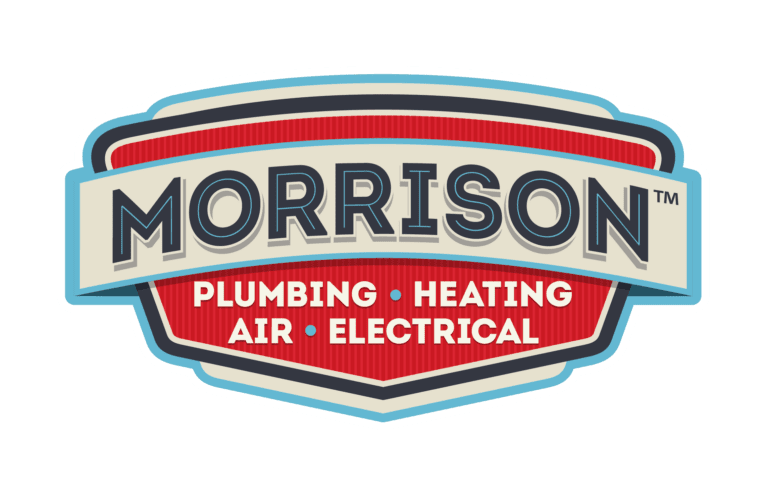If your water heater is leaking, don’t panic! Calmly identify where the leak is coming from and call your local plumber to identify the severity of the issue. Thankfully, many replacement parts on your water heater are inexpensive and can even help it function for many more years. When spotting the leak, it is important to shut off both the heater itself and the cold-water valve to ensure the leak slows or stops completely. Here are a few reasons why your water heater is leaking and what you can expect.
Temperature and Pressure Relief Valve
It does not matter if you have an electric or gas heater, all hot water tanks have a temperature and pressure relief valve (or TPR valve for short). This part regulates, well, the temperature and pressure of your water!
If the TPR valve has too much pressure, it can crack or burst, causing it to leak and discharge from the long pipe that usually runs along the side of your water heater, stopping an inch or two before the bottom of your floor. If you notice the pipe or floor is wet, your TPR valve might be cracked and may need to be immediately replaced.
Cold and Hot Water Connections
There are two connections on a water heater – hot and cold. These pipes are usually located right next to each other and have an elbow joint where these two pipes intersect. This intersection is what allows you to change the temperature of your water with ease.
If you notice the leak coming from either two connections or the elbow joint, chances are they need tightening (which you can try at home first) or these parts need replacing.
Heater Drain Valve
The heater drain valve is located near the bottom of the tank and is susceptible to leaking if there is a crack or buildup within the pipe. You can test the valve at home by placing a bucket directly underneath the end of the pipe towards the bottom of the tank. Turn the water heater back on and watch to see if the bucket begins to fill with water. If it does, then call a licensed plumber to have it fixed or replaced.
The Tank Itself
If you notice water leaking from the very bottom of the tank, chances are you will need to have your entire hot water heater replaced. The tank can start to deteriorate if you do not flush it out at least once every six months.
If it has been a few years since you have flushed out your water tank, then it will begin to develop calcium and sediment buildup that damages the seal that keeps the water secured in the tank. If you think your tank is leaking, contact a plumber immediately.
Rubber Gaskets
Only used in electric water heaters, these rubber gaskets are placed inside of the tank around the electrical elements that heat up the water. Over time these gaskets can deteriorate with excessive use. If a licensed plumber finds water surrounding the gaskets, chances are this is the source of the leak and can easily be replaced for a low cost.

